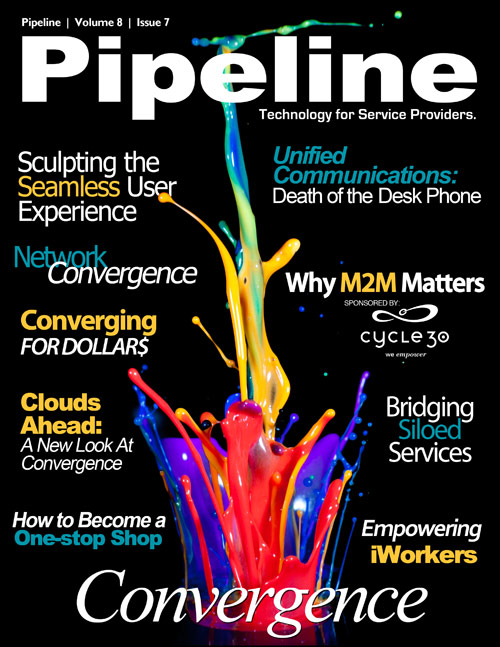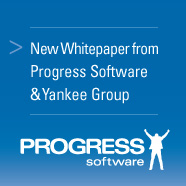One interesting part of the deal was related to mobile data plans: the two companies will re-work their network sharing agreement in order to enable unlimited data packages for Sprint. This means Sprint will be the only one of the top three CSPs in the US to offer unlimited data.
Analysts and investors alike feel that a large influx of cash from principal shareholder Sprint bodes well for Clearwire's ability to secure additional funding. As a result, Clearwire stocks have been consistently climbing since the news broke.
Usage-Based Billing: Coming to an ISP Near You
The days of buffet-style all-you-can-eat data plans are fading faster than Herman Cain's political career. Consumers tend to understand these data limits for mobile, but as more and more consumers turn to over the top (OTT) service to consume video, usage-based billing for terrestrial internet is coming into focus.
Currently most large providers, like Comcast, use data caps to control capacity, but they are high enough that only a fraction of their subscribers ever approach the caps. Since data throttling and capping is publicly very unpopular, some caps are cloaked in an amorphous "acceptable use policy." In the US, Comcast sets their cap at 250 Gb/Month, AT&T sets the cap at 150 Gb/Month, and Time Warner backed away from caps, but has an acceptable use policy. Compared to other countries, these limits are very generous.
In some ways data caps and usage-based billing can be seen as rate increases, and when you examine the economics at a glance, it makes sense. How are service providers supposed to cover the costs of their network upgrades needed to provide the capacity and speed required to handle data demands of video? For cable providers, who have a foot firmly planted in both video and broadband, the business model is changing, and their billing has to change with it.
The problem with this logic, say opponents, is two-fold. First, while it is true that demands have risen, the cost of IP transit has fallen significantly, so even as customers are consuming more data, the cost per customer has remained fairly flat. Secondly, "Data caps that may make logical sense today make no sense tomorrow, yet once they are in place they'll tend to stay in place," writes technology analyst Robert Cringely.
Data caps aside, usage-based billing just feels more equitable and the concept will probably have a much warmer public reception once plans begin to roll out. The idea is simple: pay for what you use. Most people grasp this concept in other areas of their life, so ISPs are betting that usage-based billing for bandwidth will eventually become the cultural norm.
This all makes sense if what you are consuming is a static commodity. However, bandwidth valuation is eternally dynamic, so the bytes you bought for $40 in 2007 were probably more valuable than the $40 of bytes you bought in 2011. This is the side of the argument favored by OTT players like Netflix, who profit heavily from wide open data pipes. Netflix general counsel David Hyman wrote an op-ed in the Wall Street Journal, claiming that, "The marginal cost of providing an extra gigabyte of data—enough to deliver one episode of "30 Rock" from Netflix—is less than one cent, and falling."
Other opponents of usage-based billing cite net neutrality concerns—that charging for consumption is related to creating illegal barriers internet access. However, FCC Chairman Julius Genachowski signaled approval of "usage-based pricing" in December of 2010, provided ISPs continue to meet advertised speeds and don't throttle certain services over others. Broadband internet providers jumped on the endorsement, and will likely rollout usage-based billing in early 2012.









